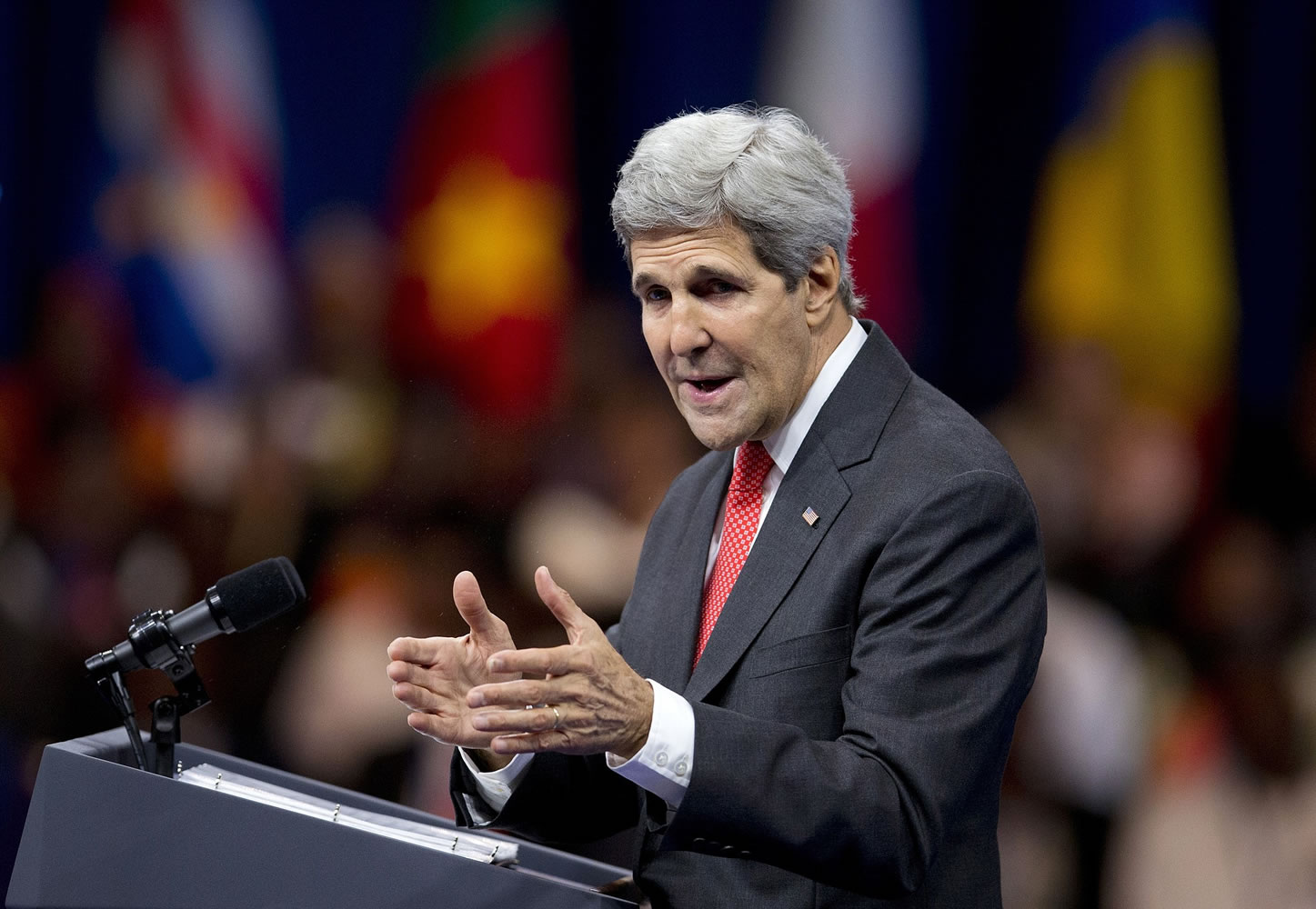GAZA CITY, Gaza Strip -- Israel's prime minister warned Monday that the country faced a prolonged campaign against Hamas in the Gaza Strip, as the military urged residents in parts of the embattled territory to evacuate ahead of what appeared to be a broadening of the three-week war.
"What is coming will be worse," the Israeli military said in phone messages targeting Gaza militants.
Israeli leaders have been mulling whether to expand the assault against Hamas in Gaza, or respond to international calls for a truce.
The international community so far has been unable to bring about a cease-fire that would end the fighting, which has already killed at least 1,050 Palestinians, 52 Israeli soldiers and three civilians on the Israeli side.
But with attacks mounting from both sides Monday, and Israel and Hamas far apart on terms for a truce, a cease-fire appeared elusive.
"We need to be ready for a prolonged campaign," Israeli Prime Minister Benjamin Netanyahu said, standing beside his defense minister and chief of staff. "We will continue to act aggressively and responsibly until the mission is completed to protect our citizens, soldiers and children."
Hamas spokesman Sami Abu Zuhri struck a defiant tone in response to Netanyahu's warnings.
"His threats do not scare Hamas or the Palestinian people and the occupation will pay the price for the massacres against civilians and children," he said.
Israel said it sent text messages and phoned residents of northern Gaza -- including Shijaiyah, the site of one of the war's bloodiest battles last week -- urging them to flee their homes and move toward Gaza City.
The United Nations on Monday called for an "immediate" cease-fire in the fighting and on Sunday, President Barack Obama called Netanyahu to push for an immediate end to the conflict.
But Israel and Hamas' terms for ending the fighting remain far apart. Hamas has conditioned a halt to the fighting on an easing of a crippling blockade on the territory imposed by Egypt and Israel.
Israel meanwhile wants to see the Gaza Strip demilitarized and Hamas stripped of its rocket firing abilities.
Israel says it launched its war on July 8 to halt incessant rocket fire from Gaza. It later broadened the assault into a ground offensive meant to tackle Hamas' network of tunnels which Israel sees as a major threat.
Despite Israel's attempts to destroy the tunnels, the Israeli military said Monday that militants succeeded to enter Israel through a tunnel leading from Gaza, a sign that the threat of attacks from tunnels has not been eradicated. The military said troops killed one militant.
Also Monday, the Israeli military said that a mortar attack on southern Israel killing four soldiers. Another five soldiers were killed Monday, but the details behind their deaths were not immediately released.
Earlier, a strike on a Gaza park killed 10 people Monday, nine of them children, as Israeli and Palestinian authorities traded blame over the attack.
The Gaza park attack happened as children played on a swing in the Shati refugee camp on the edge of Gaza City, said Ayman Sahabani, head of the emergency room at nearby Shifa Hospital. Sahabani said nine of the 10 killed at the park were children under the age of 12 and 46 were wounded.



